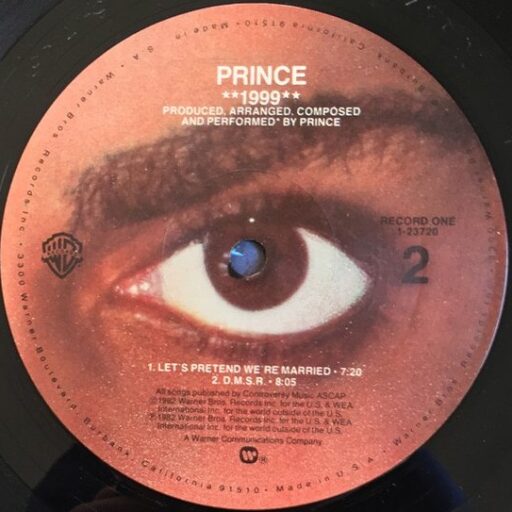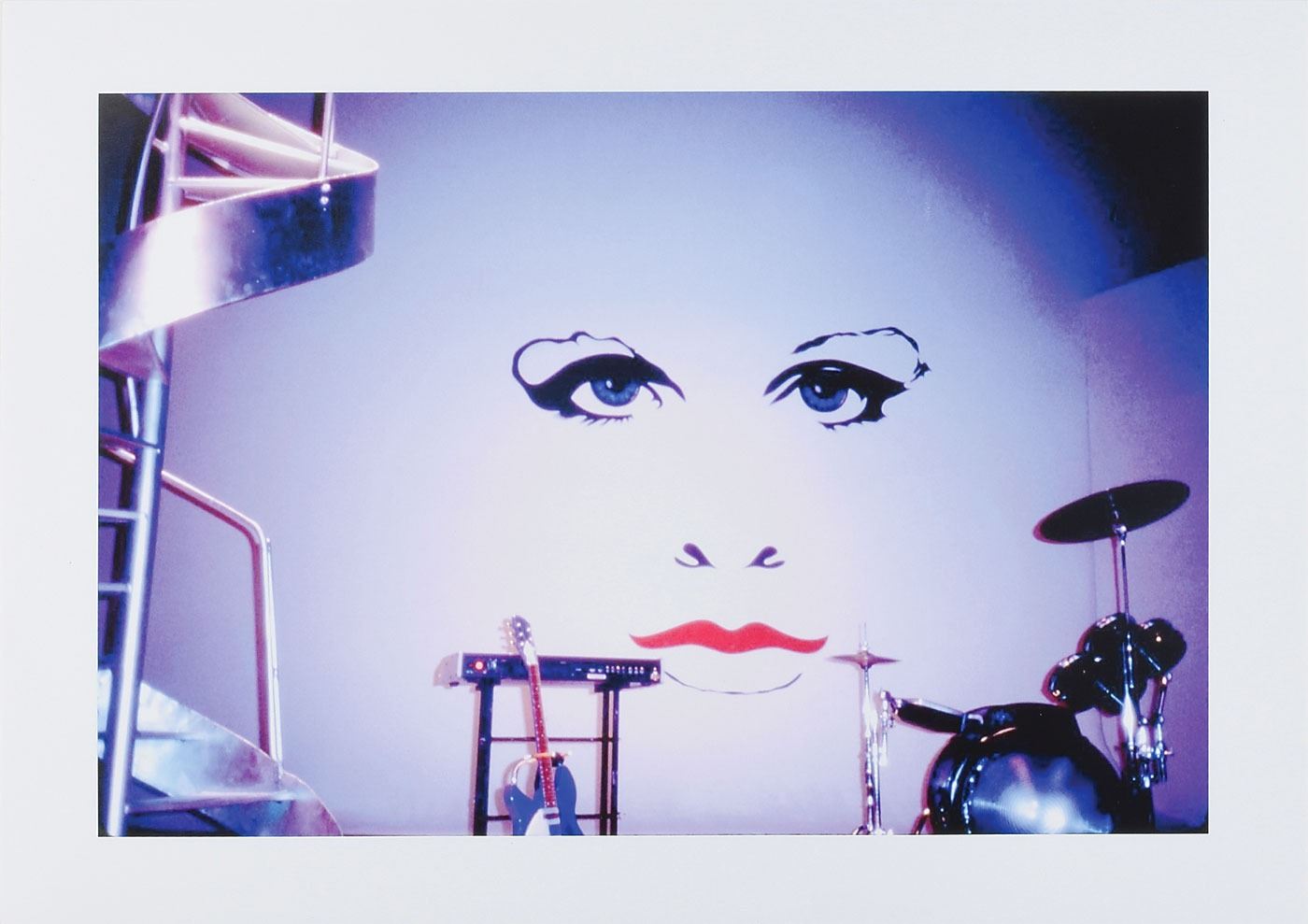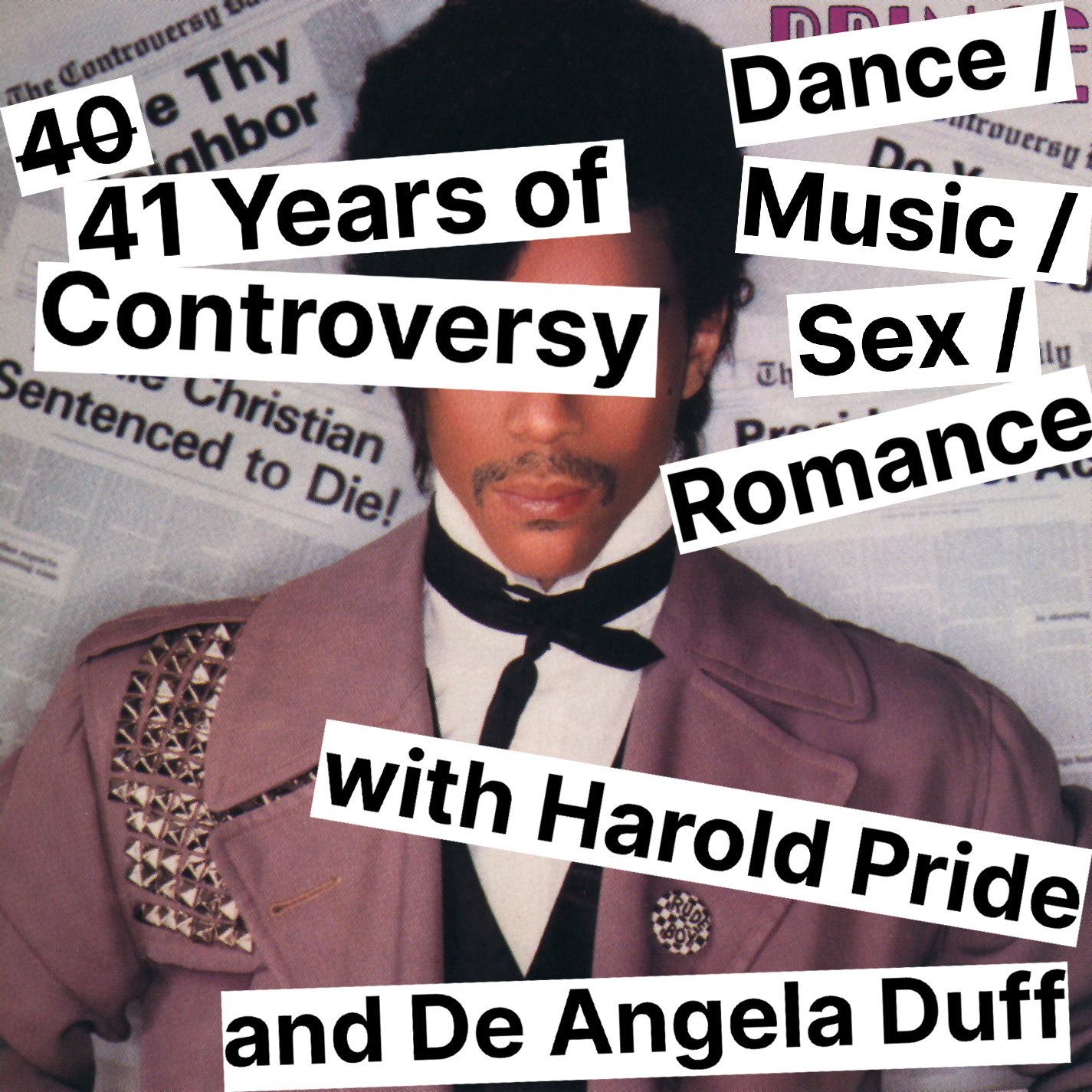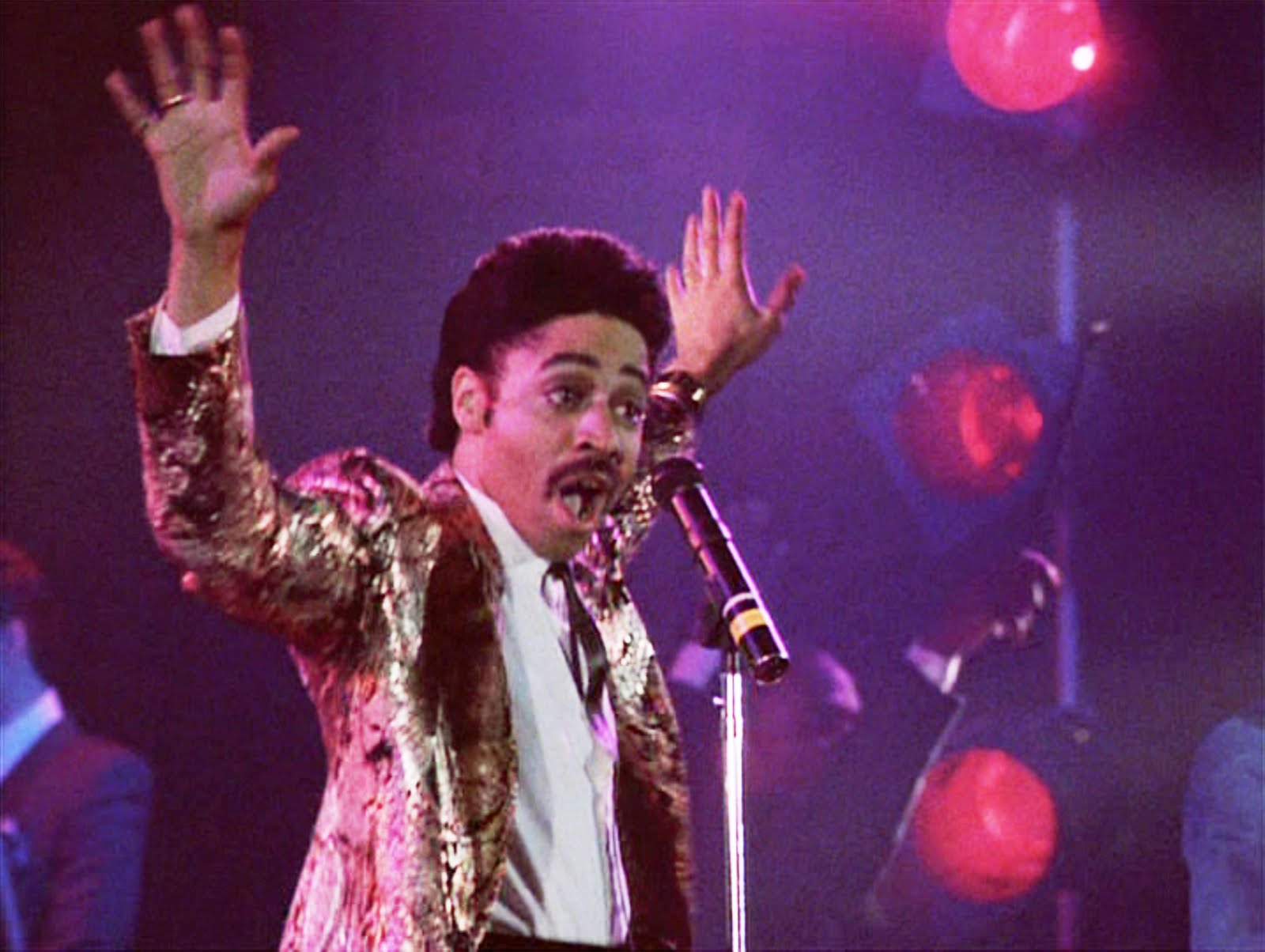Tag: let’s go crazy
-
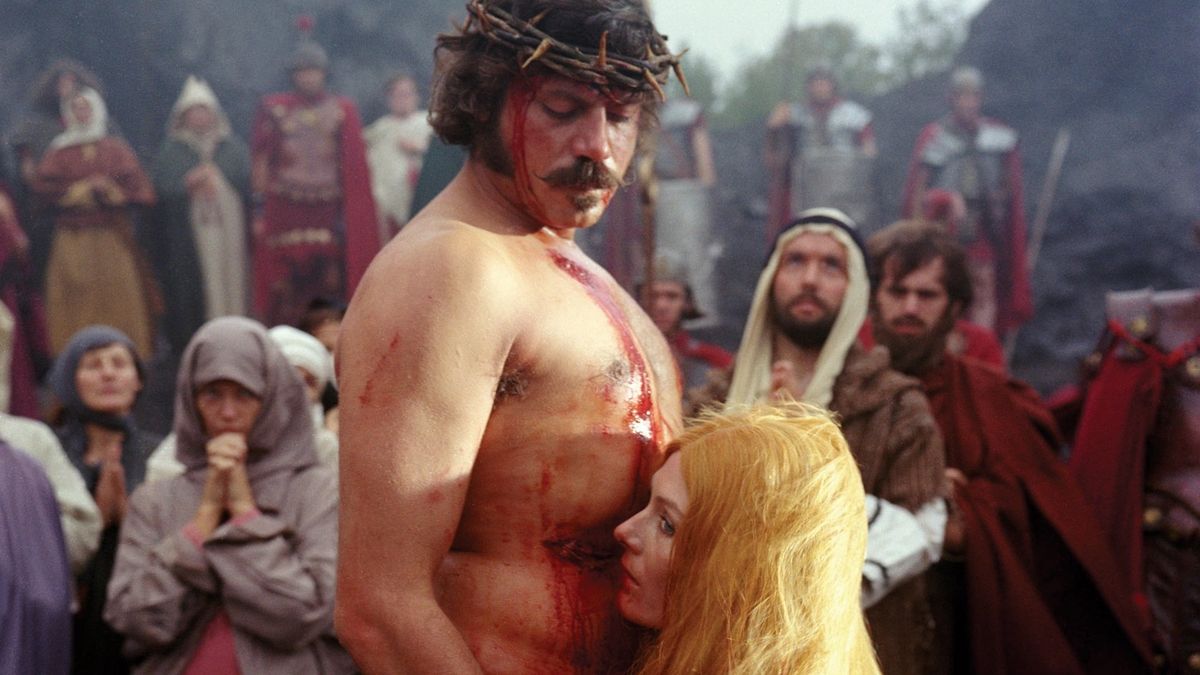
Possessed
Like many of Prince’s songs from this period, “Possessed” is the musical monologue of a man afflicted with chronic horniness. The unique selling proposition, in this case, is a dash of Christian demonology, as Prince’s narrator attributes the stirring in his loins to nothing short of infernal influence.
-
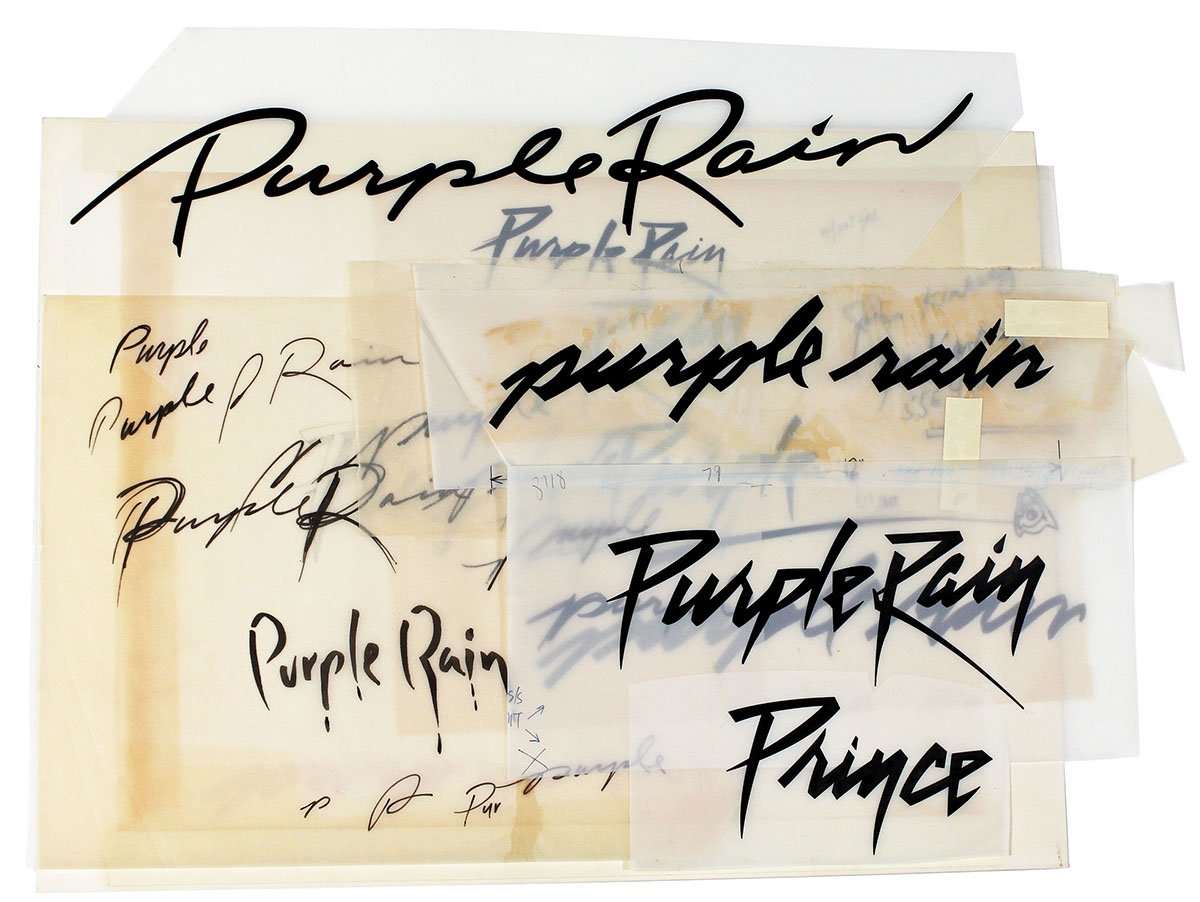
Roundup: Purple Rain, 1984
This past Saturday–the 40th anniversary of the film’s theatrical release–I watched Purple Rain for the first time in about two years.
-
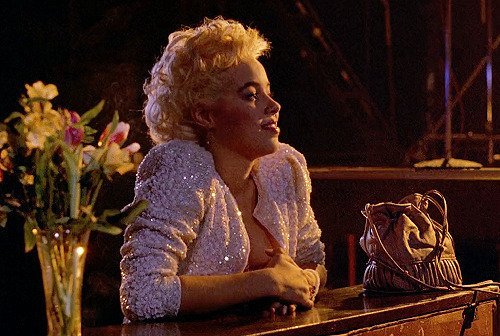
Wednesday
“Wednesday” is over so quickly that it may take a few listens for the grim desperation of its lyrics to register.
